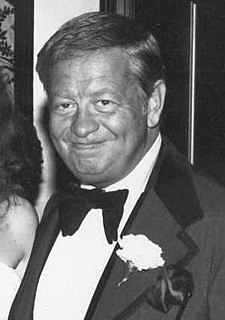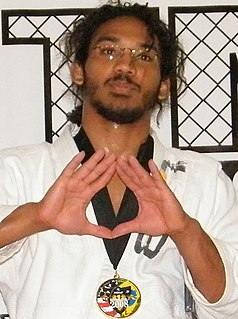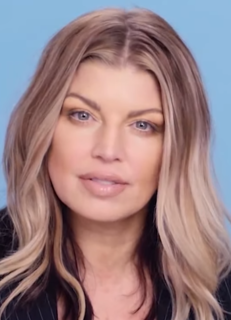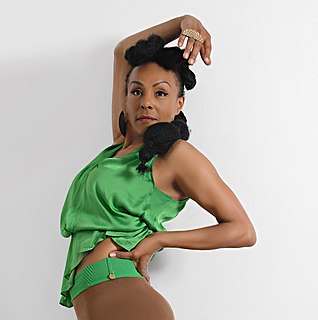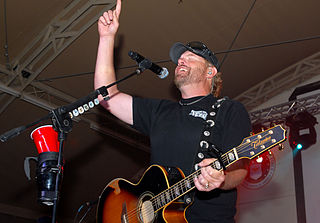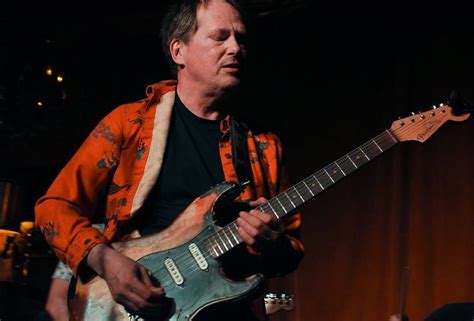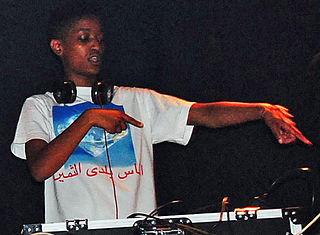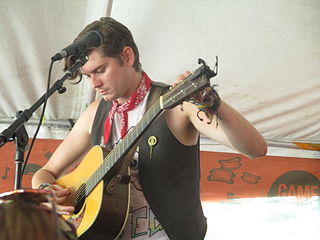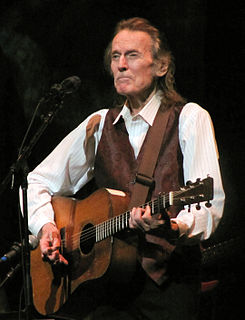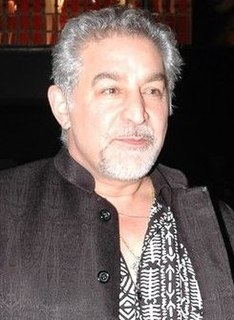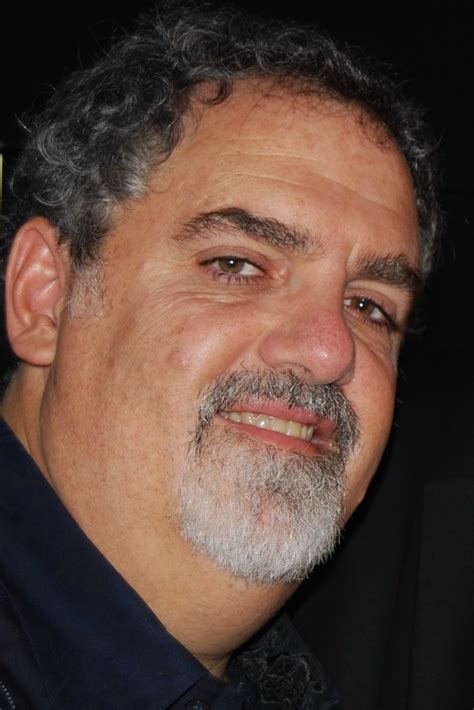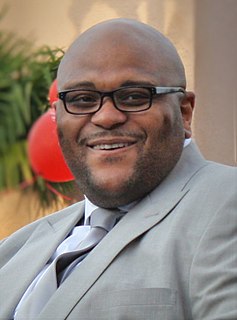A Quote by Mel Torme
I hadn't been a recording artist all that long when albums came on the scene, and I was one of the first singers to point the way to how varied an album's contents could be.
Related Quotes
I made music on Seven the same way as on the other albums. I only used acoustic instruments... I'm looking for instruments that have vocal sounds, forgotten instruments like the guimbri... The first and second albums were about the voice, what came before. This album is about introducing those sounds into modern, Western life.
I'd had my whole life to write my first album. I had my No. 1 and my third single out, and they go, 'Hey, guess what? We need to start recording the next one.' I'm like, 'Uh oh, I got to write another album. Well, how am I gonna write 'Should've Been a Cowboy' and 'Ain't Worth Missing' and all that again?' It took me forever to write the first one.
The modern recording studio, with its well-trained engineers, 24-track machines and shiny new recording consoles, encourages the artist to get involved with sound. And there have always been artists who could make the equipment serve their needs in a highly personal way - I would single out the Beatles, Phil Spector, the Beach Boys and Thom Bell.
Guy Picciotto had a really sound point: Live albums basically have bands playing songs that are available on studio records, and what example can you think of where the live album is better? What are the great live albums? I have live albums of bands, but I wouldn't listen to them for the most part. So we thought, instead of spending energy trying to puzzle out how to create a live record, let's just write another studio record.
